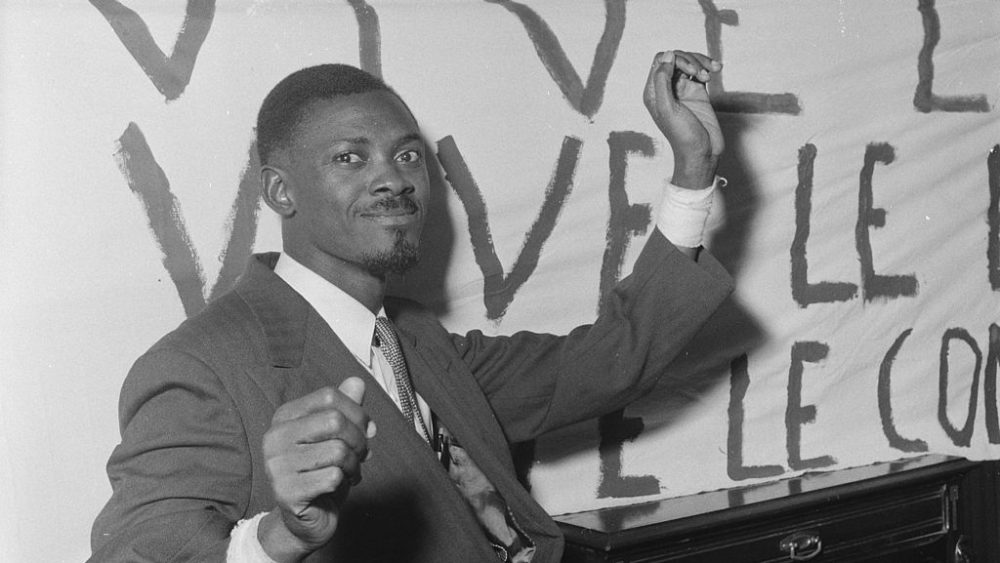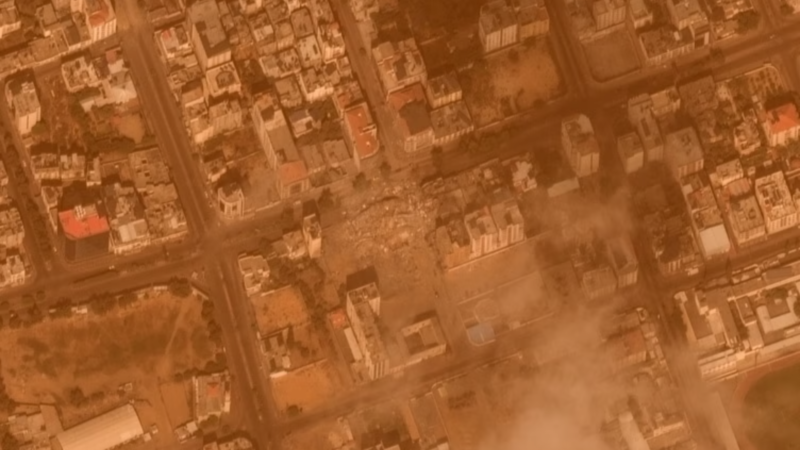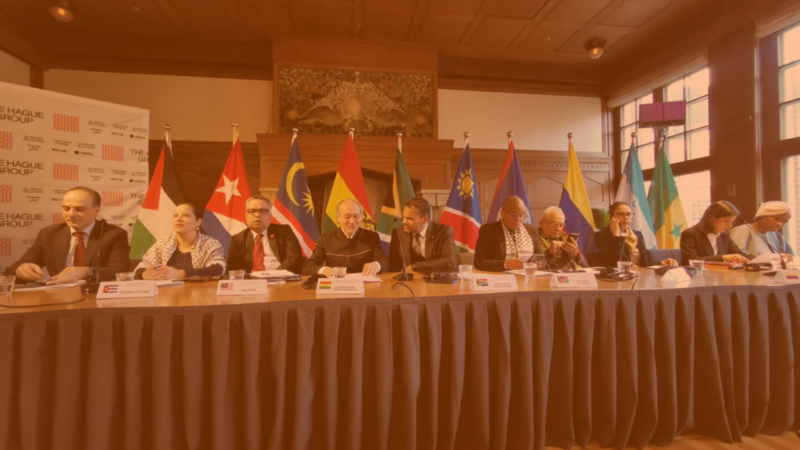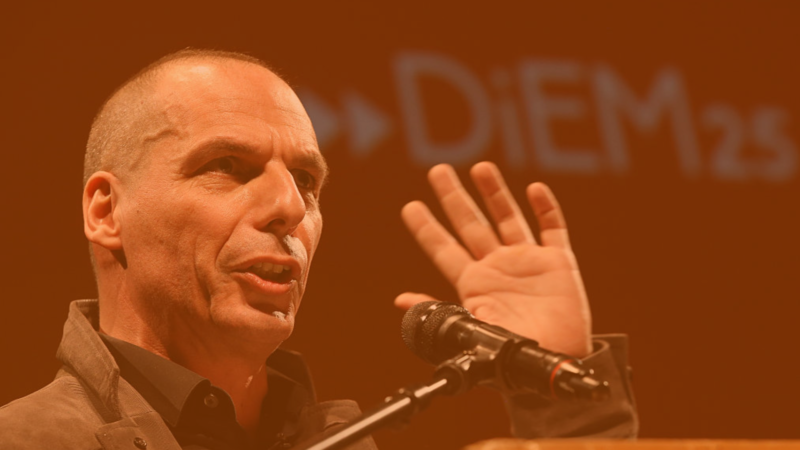The Progressive International (PI) commemorates Patrice Lumumba — the first Prime Minister of the independent Democratic Republic of the Congo
On the 60th anniversary of the assassination of Patrice Lumumba (1925-1961), PI Council member Vijay Prashad lead a wide-ranging discussion about the legacy of the Congolese pan-Africanist — and the impact of his assassination on the Democratic Republic of Congo, Africa, and struggles for national liberation everywhere. It is part of The International, a new weekly program by the PI that brings you news from the front of our struggles around the world, connecting across territories and oceans, nations and generations.
“You are going to kill us, aren’t you?”
Those were the last words reported of Patrice Lumumba.
Patrice Lumumba and his comrades Joseph Okuto and Maurice Mpolo were brutally killed by the Belgian intelligence services. The impact of this event continues to be felt across the world. In Vijay Prashad’s introduction, he states that the Progressive International is calling for ‘Lumumba Day’ to be implemented on 17 January:
“Today we also want to celebrate his legacy and remember the impact his death has had on the African continent and the whole world in general. We see that though it has happened 6 decades ago it is still as relevant as ever.”
“On Lumumba day, we are calling for all debts — external debt — to be cancelled, for the people of Africa to be treated with dignity, for recognition of the theft of resources for generations from the continent.”
Watch the event now!
Highlights
Kambale Musavuli (Centre for Research on the Democratic Republic of the Congo)
“The Congolese today know why [Lumumba] was killed. He was killed because he wanted the resources of the Congo to benefit the Congolese people. That idea was part of a process — a process of Africans wanting to determine their affairs.”
“Even though they put his body in acid and kept a tooth as a trophy in Belgium, Patrice Lumumba lives today through our culture, our music, our history. Even when they lie about the story of Lumumba — who that young man was and how he wanted to liberate the Congo — young communists today are standing up. As we are doing this event at the moment, today, right at this minute, thousands of Congolese are in front of the Lumumba statue, celebrating, commemorating, Patrice Lumumba, knowing that the fight that he asked us to do in the last letter to his wife is not finished. He said that he rest assured that the generations of the future, the Congolese of today, will not stop until there are no more neocolonial agents are in the Congo. And that is the fight that the Congolese youth is taking until today and we know for sure that we will be victorious in this struggle and definitely calling on all people around the world to join the Congolese and Lumumba call so that his ideas, his vision to liberate the Congo, comes in our lifetime.”
Marie-Claire Faray (Women’s International League for Peace and Freedom)
“Patrice Lumumba was a tree that was cut. However, what those who cut that tree didn’t know is that Patrice Lumumba bore seeds and those seeds will always grow more trees.”
“In Lumumba’s writing and speech there is a clear passion and commitment to decolonise the Congo as well as decolonise the minds of his fellow citizens — women and men alike. In his essay, ‘Le Congo, terre d’avenir, est-il menacé?’ Lumumba clearly mentions the objectification of women and the restoration of the status of Congolese women in the society.”
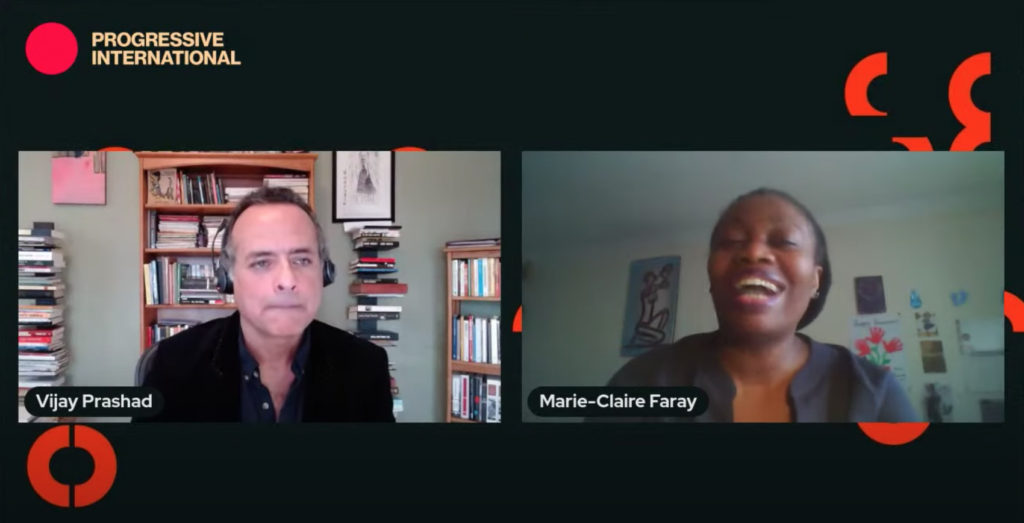
Nanjala Nyabola (Progressive International, Kenya)
“Some European authors avoid reporting the fact that it was the Belgian government who oversaw the assassination of Patrice Lumumba. (…) How can we build a shared understanding of what the objectives of decolonisation are if we don’t even agree on what colonisation was. If African generations are growing up and trying to reclaim this sense of pan-Africanism and reclaiming this sense of self from the violence and toxic waste that was colonisation but European generations are being told that it wasn’t that bad, it was actually a process of civilisation and all of that stuff.”
“The denial about what [colonialism] actually did and actually continues to do is part of the harm that many societies in Africa are struggling to get past as they try to think and imagine what a positive future would look like.”
“What does accountability for this violence look like? (…) What do we actually want healing and reckoning to look like?”
Nnimmo Bassey (Progressive International, Nigeria)
“It’s really time to cancel those odious debts. It’s time also to speak about the ecological debt. Who will pay for the ecological destruction of Africa? Who will pay for all the mindless, irresponsible destruction that has gone on in the continent for hundreds and hundreds of years. This debt is something that should not be ignored continuously; it’s time to admit that with such a debt we should all demand that it be paid. Africa is actually a net creditor, not a debtor continent at all.”
“The myth that Africans cannot govern themselves has made it that whenever there was a shining light, there was a chance that a leadership would bring true progress in the continent defined by the continent and in part defined by the citizens of the continent, that was not acceptable. To sustain the myth that Africans cannot govern themselves, every light had to be forcefully removed from office or assassinated.”
“The material things we have must not be the material things that kill us.”
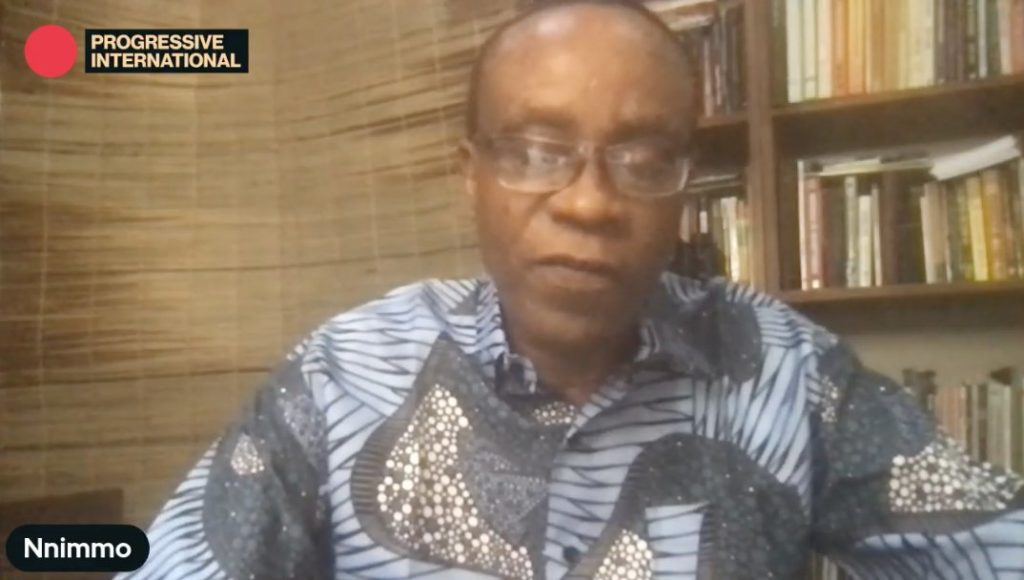
Vashna Jagarnath (Pan-Africa Today)
“These sorts of spirits almost, the resurrection of our revolutionary ancestors, need to become active lessons for us in our fight against imperialism. And I think one very vital that we should also take forward from this — and it is something that since the 1980s has been in the background of this discourse when you think about liberationary discourse — is the role of socialism and communism within these movements. And we cannot underplay those because they are vital in order to undo the sort of ways in which the imperial powers divided this continent and the ways in which they extract and exploit this continent, both in terms of human resources, intellectual resources, and atual material resources. ”
“For Fanon, the assassination of Lumumba along with the rise of this compromised nationalist elite set the tone for what was going to happen on the African continent for the next 40 years.”
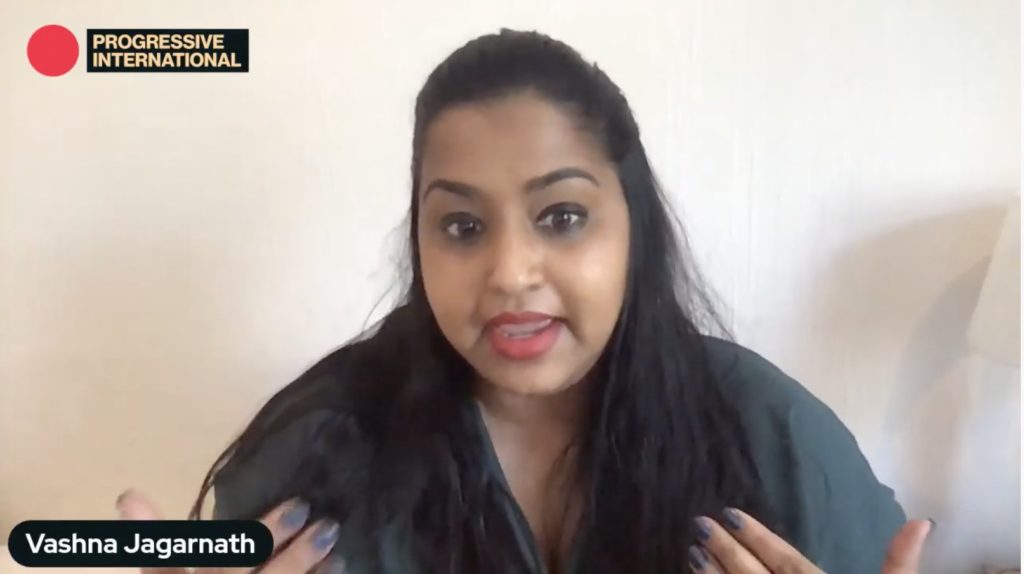
Kwesi Pratt (Socialist Forum of Ghana)
“Congo has enormous resources. It alone has the capacity to provide for all of Africa’s electricity needs. Why are many of our people living in darkness today across the African continent? All of the West depends on the Congo for resources to advance their economies.”
“Look at the kinds of leaders we have on the continent of Africa today. Neo-colonial leaders who have lost any sense of dignity. Africa will rise again. And it will rise under the banner of scientific socialism.”
“We continue to live in the quagmire of poverty. Why is that so? It is because we have been unable to delink from the colonial metropolis. It is because everything that happens on the continent needs to enlarge the bank accounts of corporations from the colonial metropolis.”
“That we continue today to work for the building of socialist societies is a defeat for those forces. And we shall continue to defeat them day after day, week after week, until we build that society — in which all human beings have value, in which no child goes to bed hungry…”
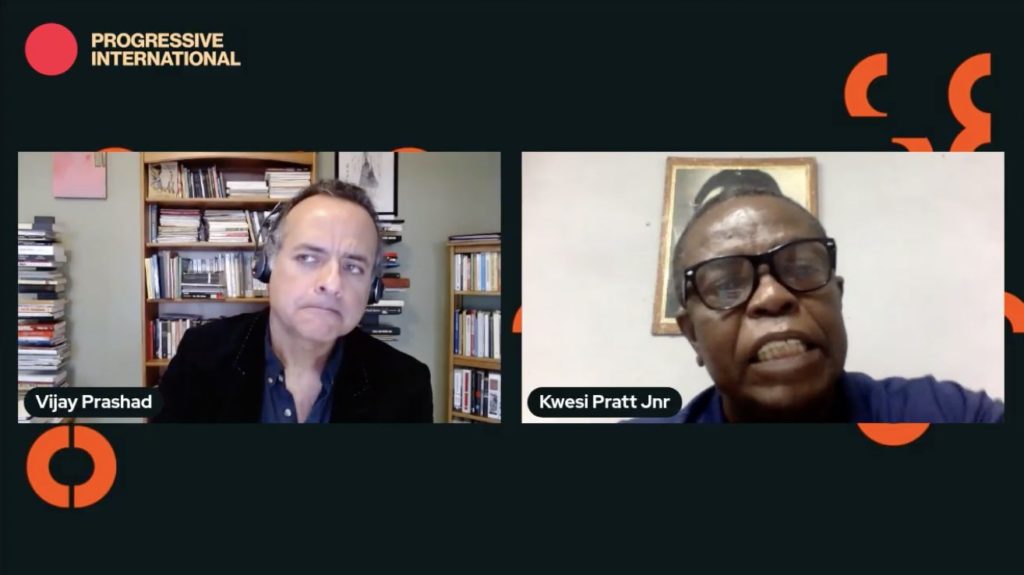
It is time for progressives of the world to unite. Show your support. The Progressive International on Facebook, Twitter, and Instagram.
Photo Source: Wikimedia Commons.
Do you want to be informed of DiEM25's actions? Sign up here





